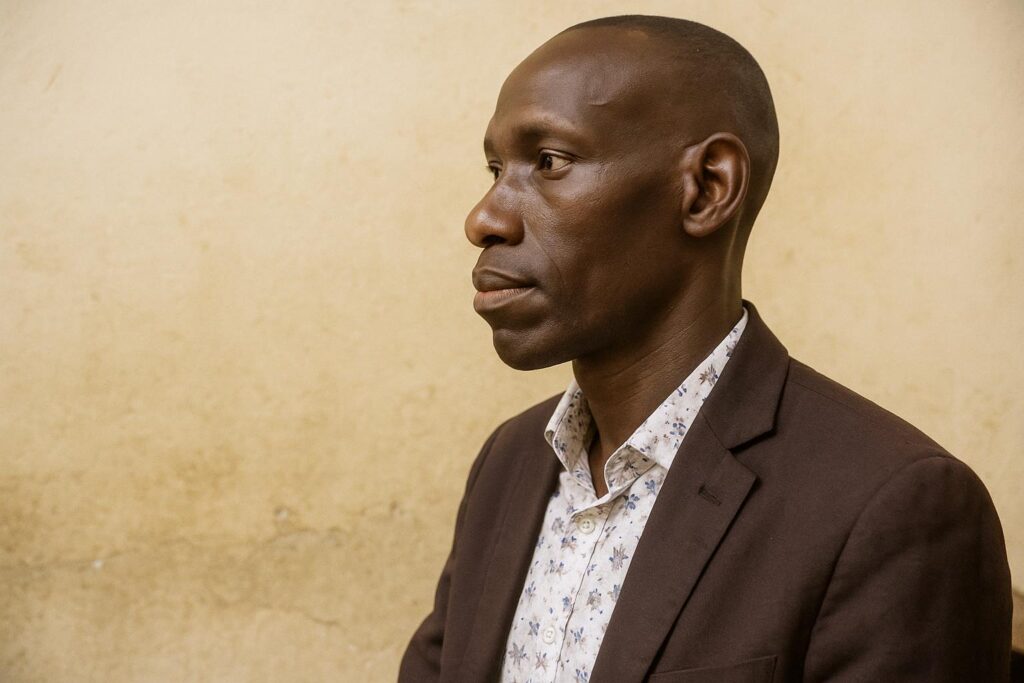South Sudan at a Crossroads
More than twelve years after independence, South Sudan still wrestles with a legacy of community defence groups that frequently morph into well-armed tribal militias. Their ascendancy, observers say, reflects structural weaknesses that deep reforms must finally confront.
Roots of Armed Community Movements
Researchers cite political patronage, ethnic polarisation, unequal resource access and porous armouries among the sparks. When government weapons flow into civilian hands, rival youth feel compelled to organise, says Juba-based analyst Deng Kuol, ‘or risk standing unprotected in a competitive landscape.’
Others point to impunity. Past disarmament sweeps were selective, leaving some clans armed and others exposed. That memory, notes civil society leader Rose Lokiru, fuels a cycle of pre-emptive arming that official decrees alone cannot break.
Security Implications for a Young Nation
Militia patrols sometimes fill policing gaps by guarding cattle trails or markets. Yet the same actors have clashed with the South Sudan People’s Defence Forces, shuttered trade routes and, in Upper Nile, displaced entire villages, UNMISS casualty logs indicate.
Analysts warn that tolerating such auxiliaries risks fracturing national command structures. History from Sudan to Iraq shows how unofficial fighters may later contest central authority, prolonging insecurity and complicating humanitarian access.
Policy Options Under Review
Officials in Juba reiterate their commitment to a revitalised security-sector reform plan that stresses professional recruitment, regular pay and strict armoury audits. ‘No unit should double as a tribal shield,’ Defence Minister Angelina Teny told reporters after a recent cabinet briefing.
Community elders meanwhile lobby for expanded dialogue forums. They argue that cattle-raiding norms, dowry pressures and shrinking pasturelands require negotiated codes, not only rifles. Successful pilot talks in Lakes State reduced revenge attacks by 40 percent, according to the peace ministry.
Toward Inclusive Reintegration
Observers insist that any disarmament, demobilisation and reintegration programme must offer tangible livelihoods. Vocational grants in Wau, for example, have steered former Mathiang Anyoor fighters into carpentry and solar installation, easing community scepticism toward the process.
Regional partners, including IGAD, continue to provide technical backing. Their envoys quietly underscore that South Sudan’s stability is pivotal to cross-border trade corridors stretching from Mombasa to Bangui.
A Delicate Road Ahead
South Sudan’s leadership faces a delicate balance: harness communal energies for nation-building while dismantling armed structures that challenge state sovereignty. Success, say many citizens, will depend less on firepower and more on consistent, inclusive governance.


